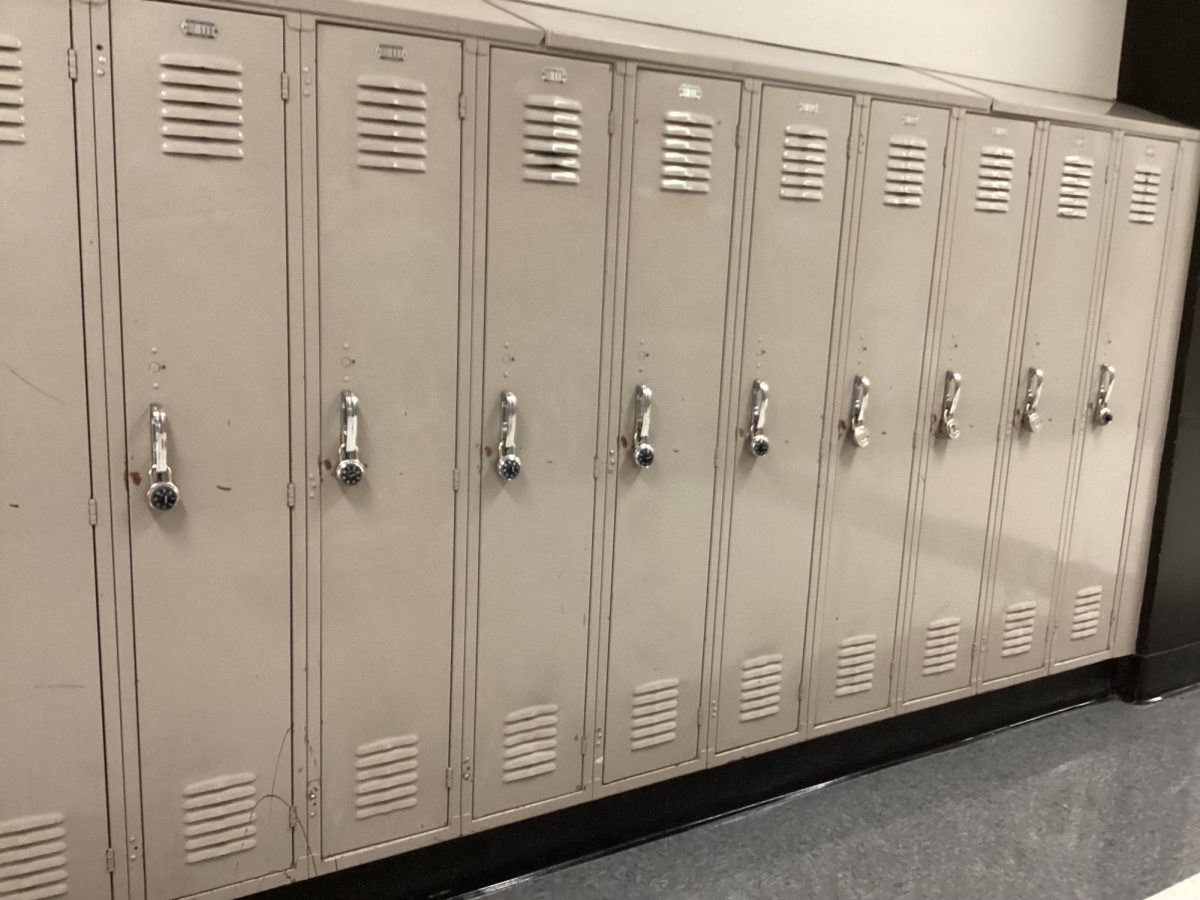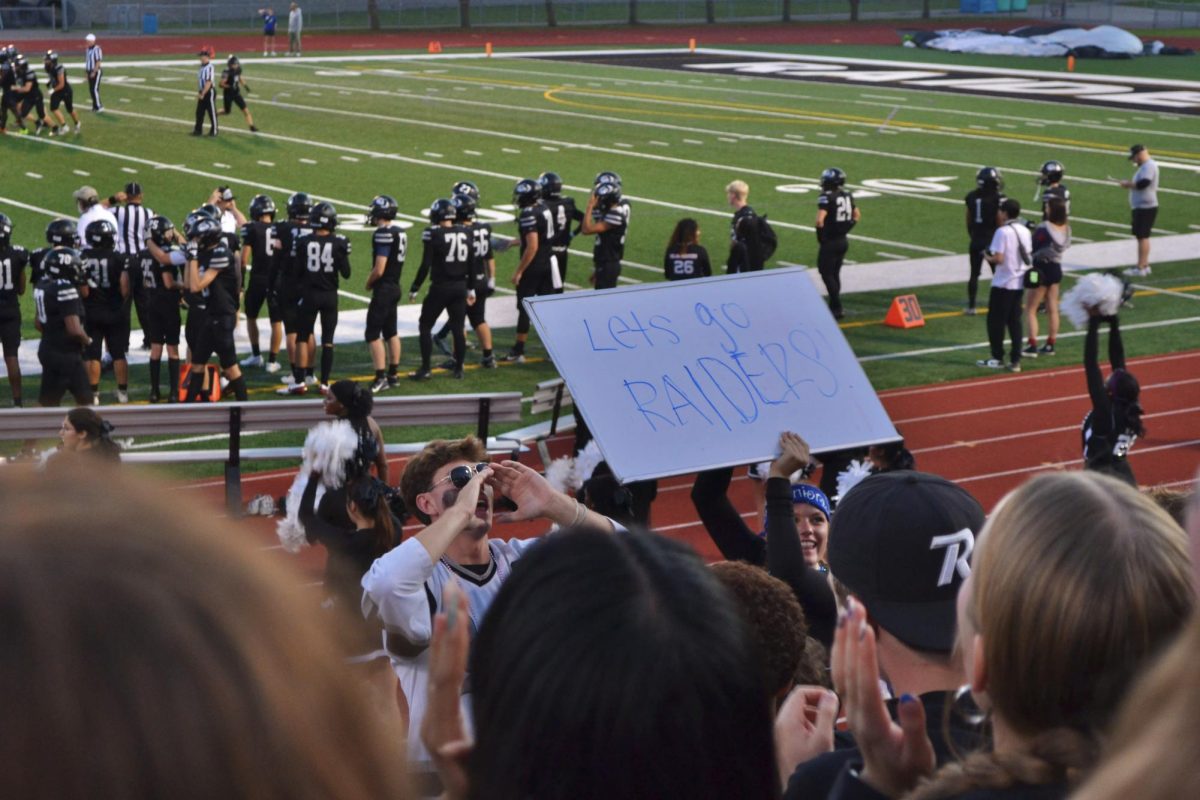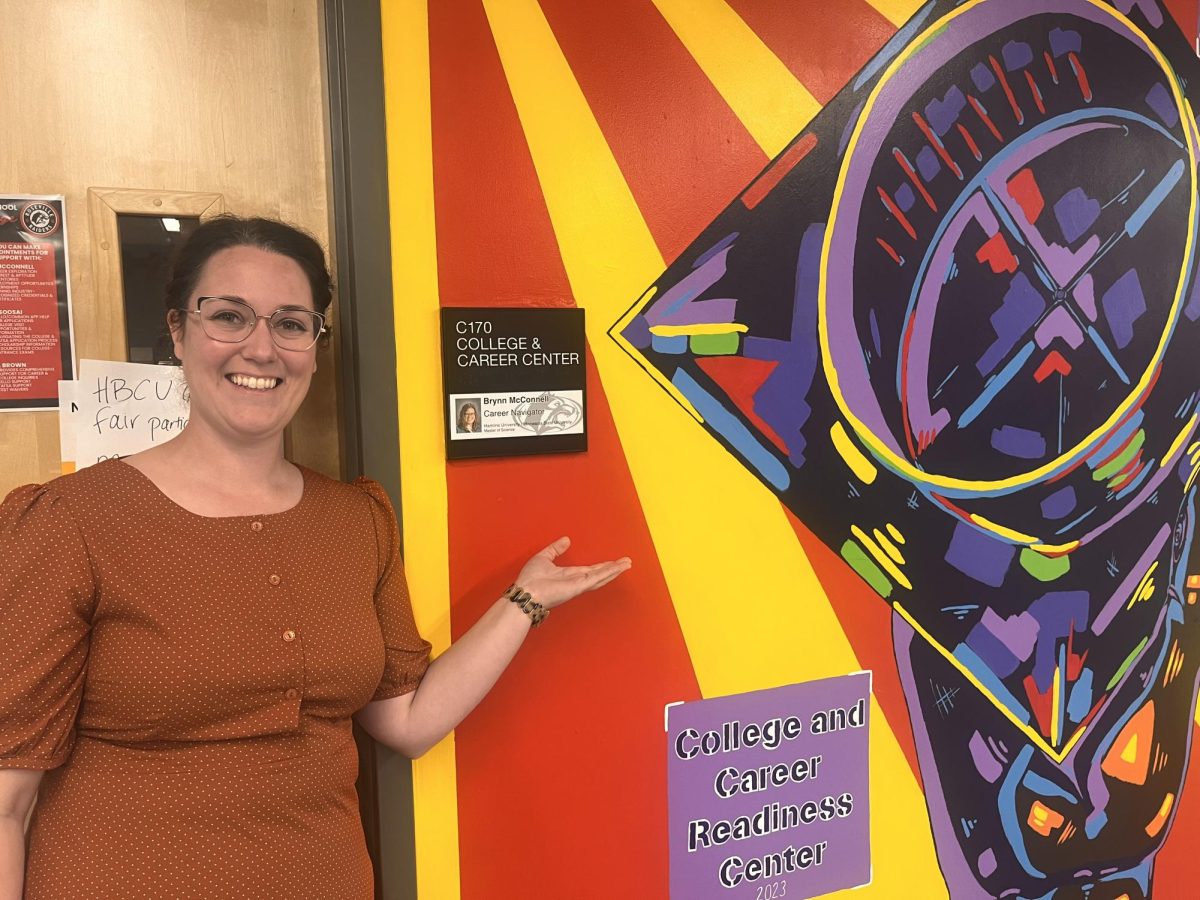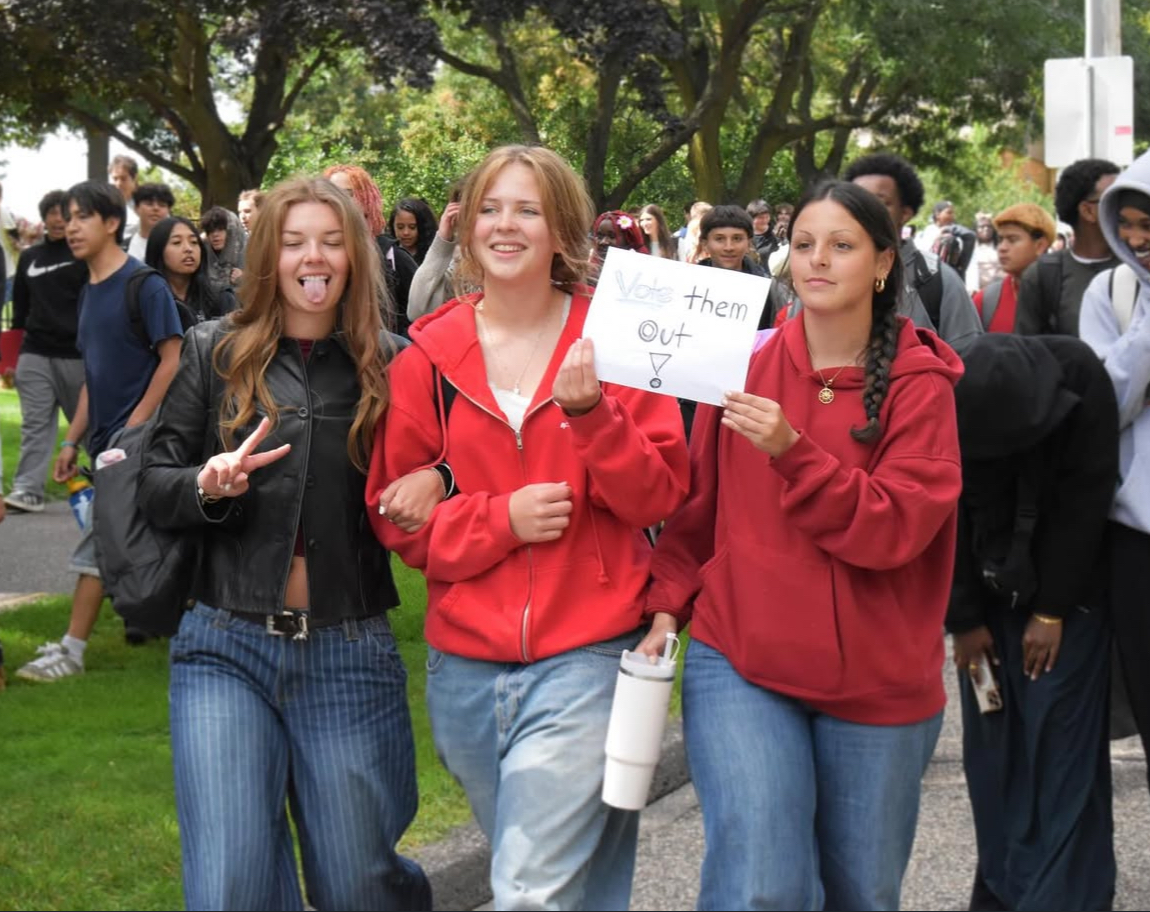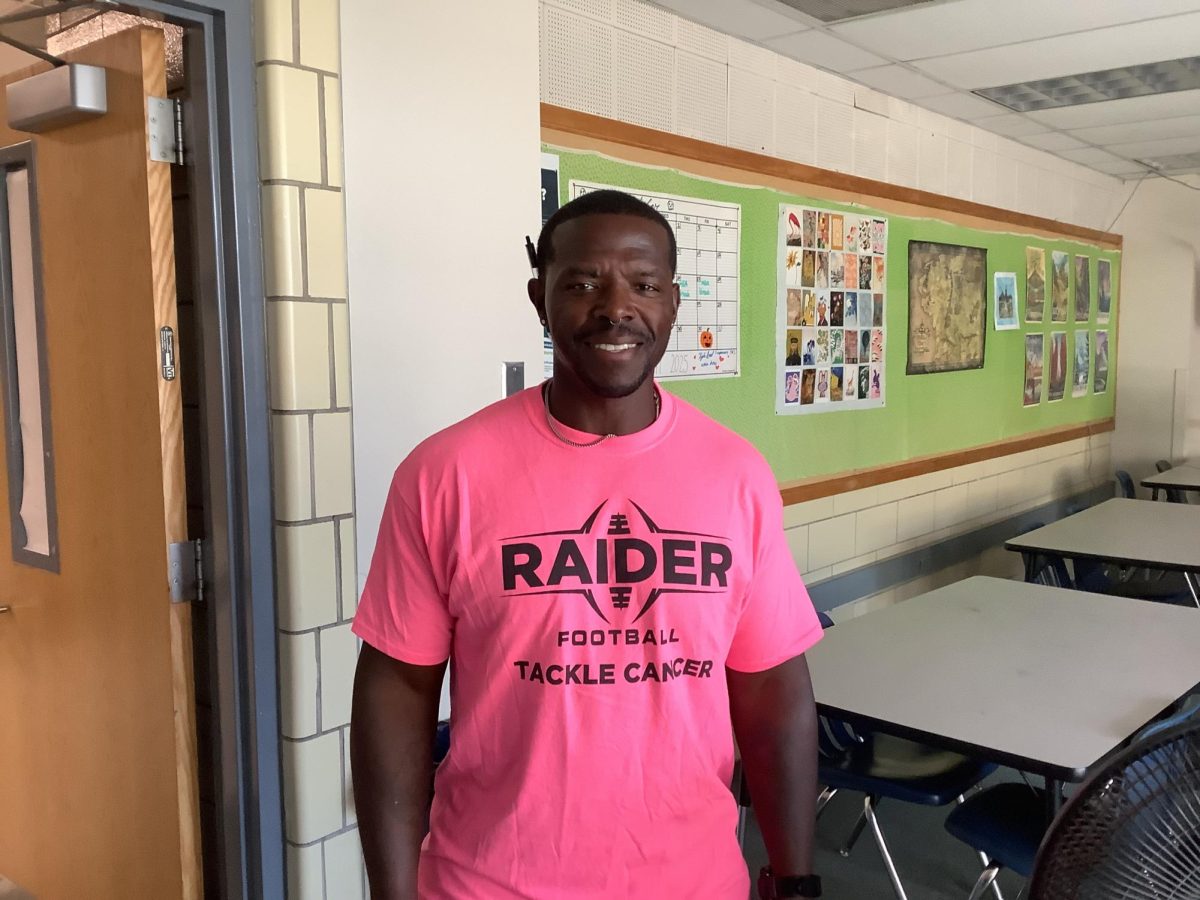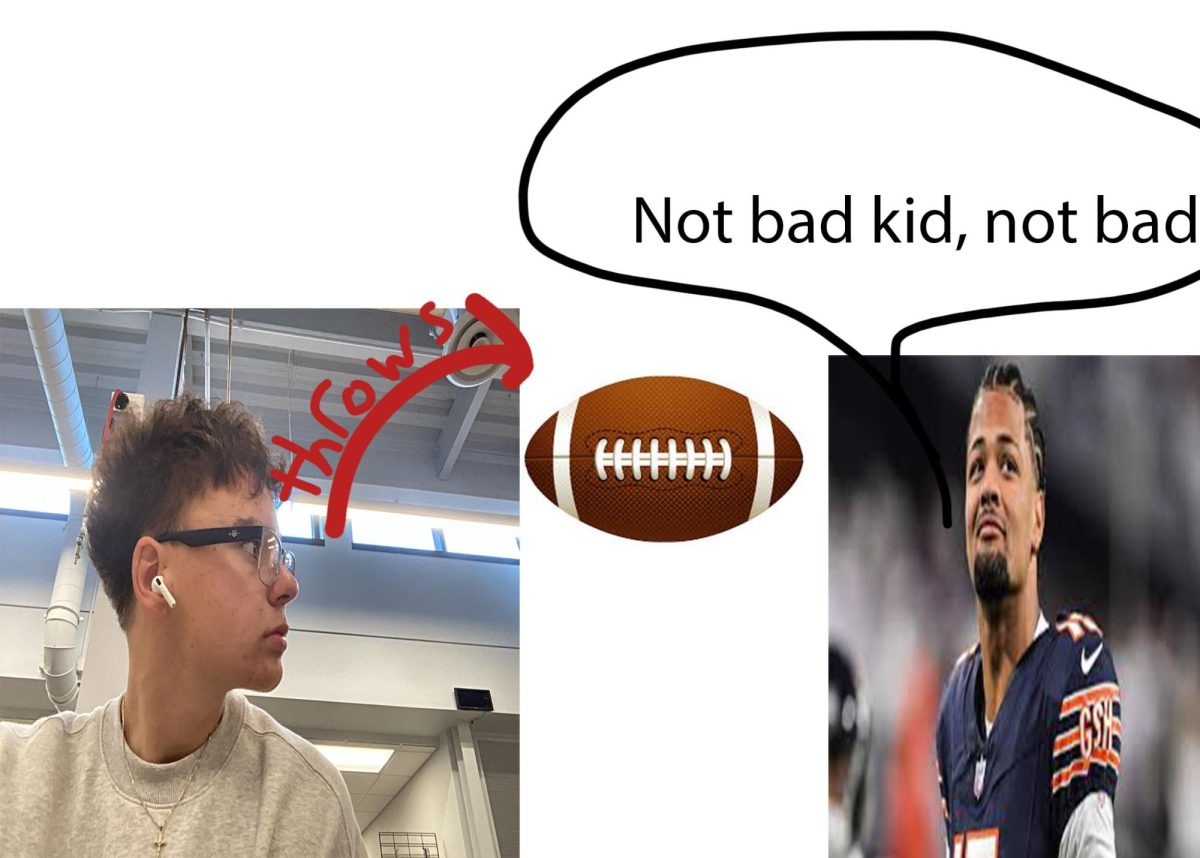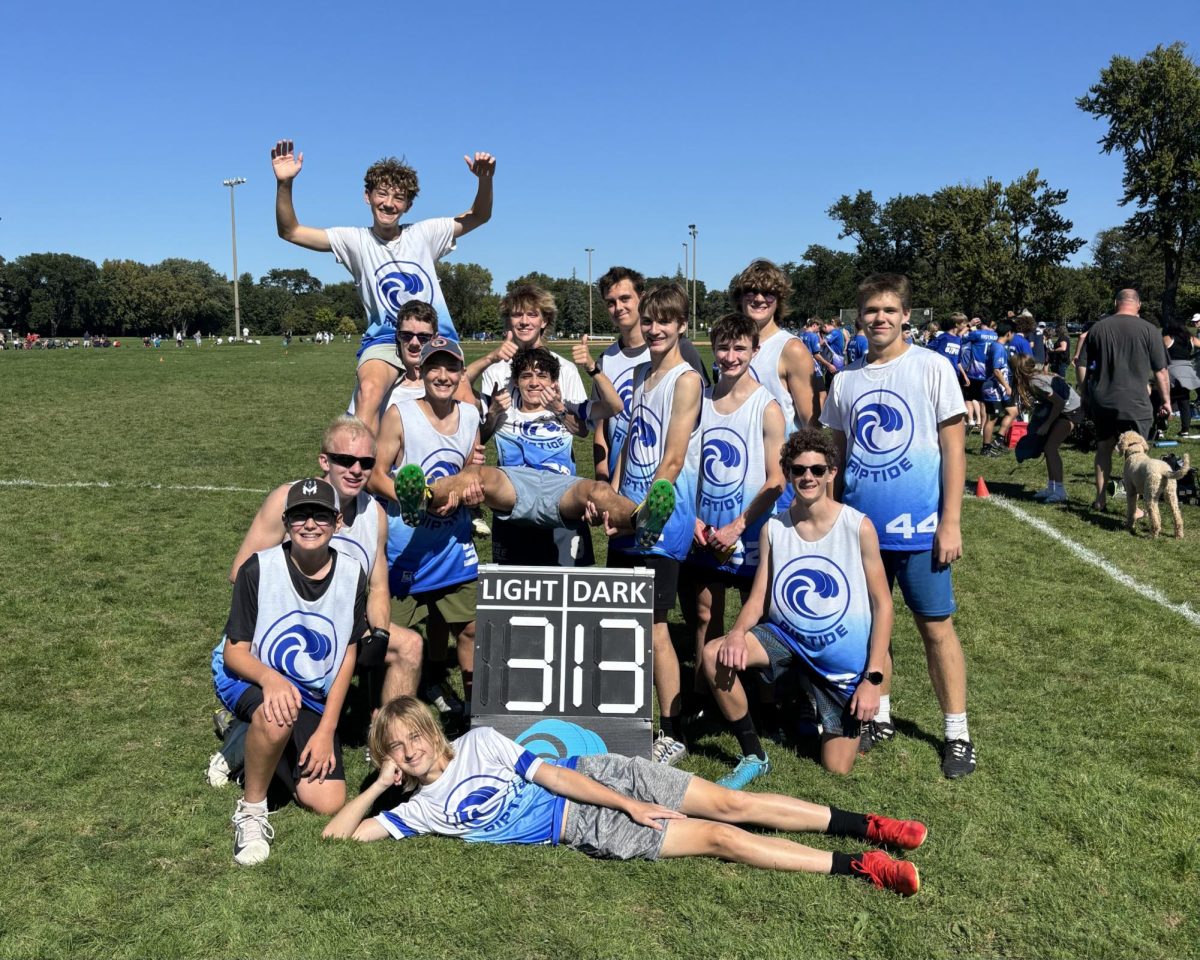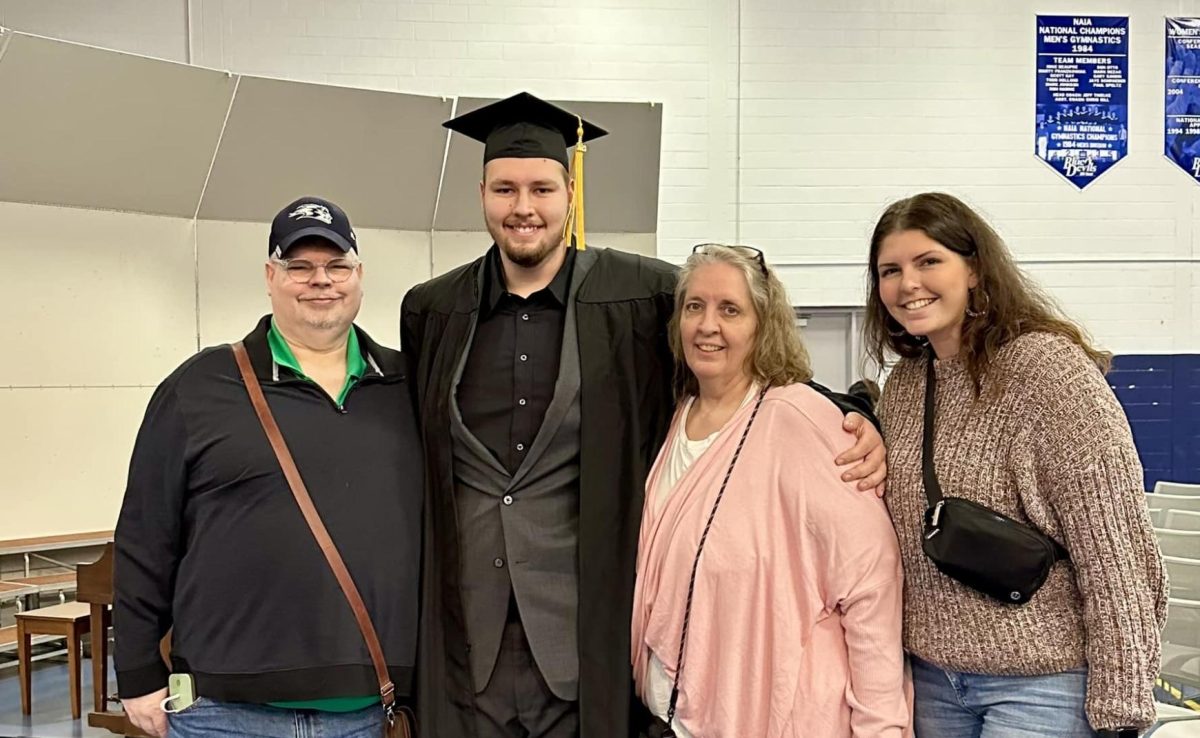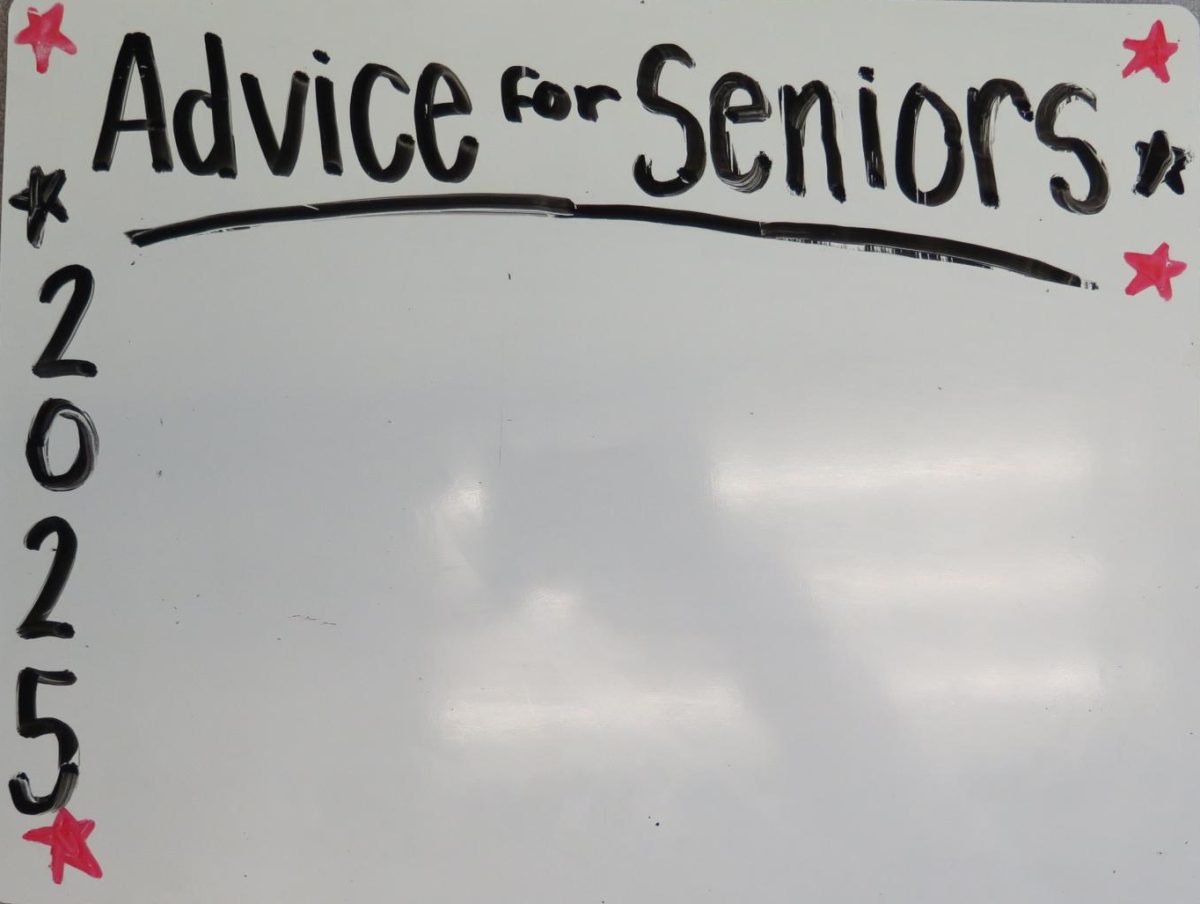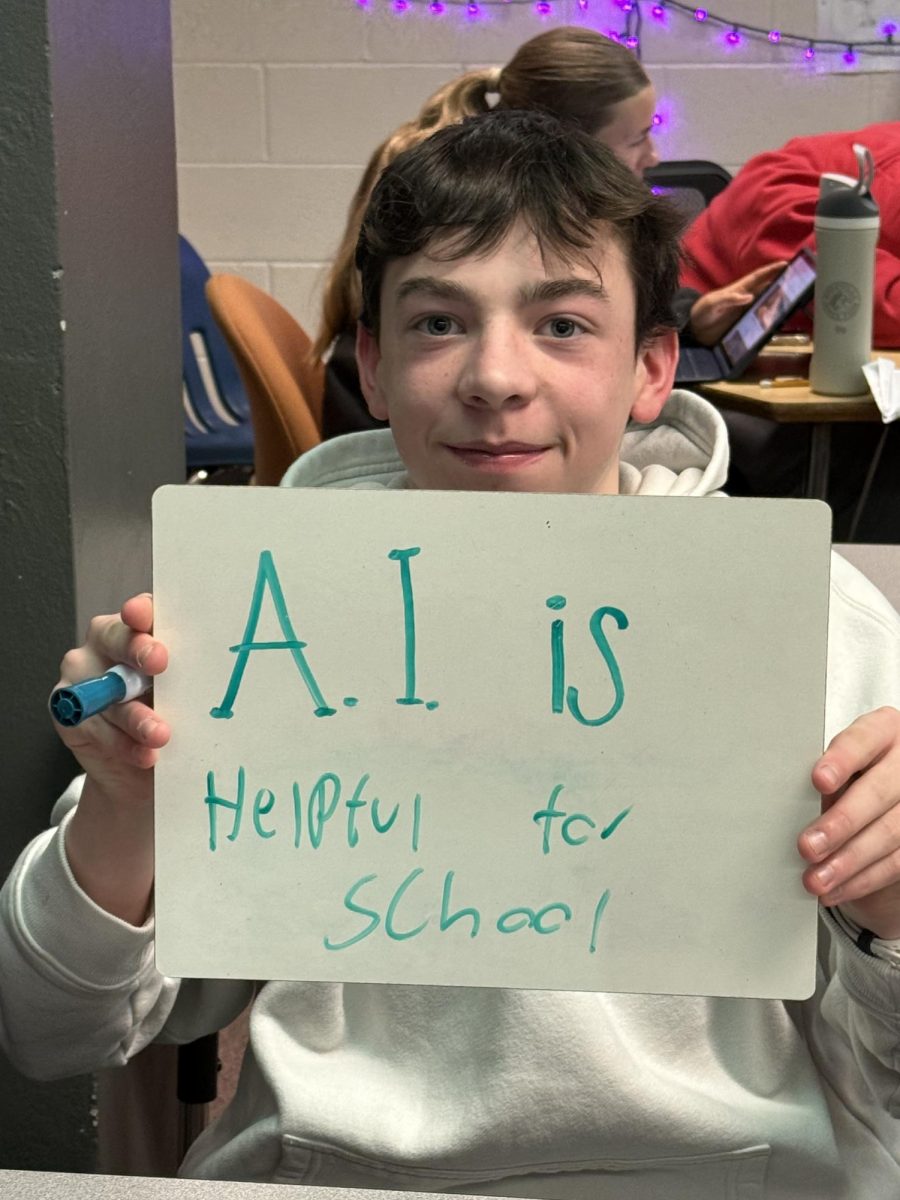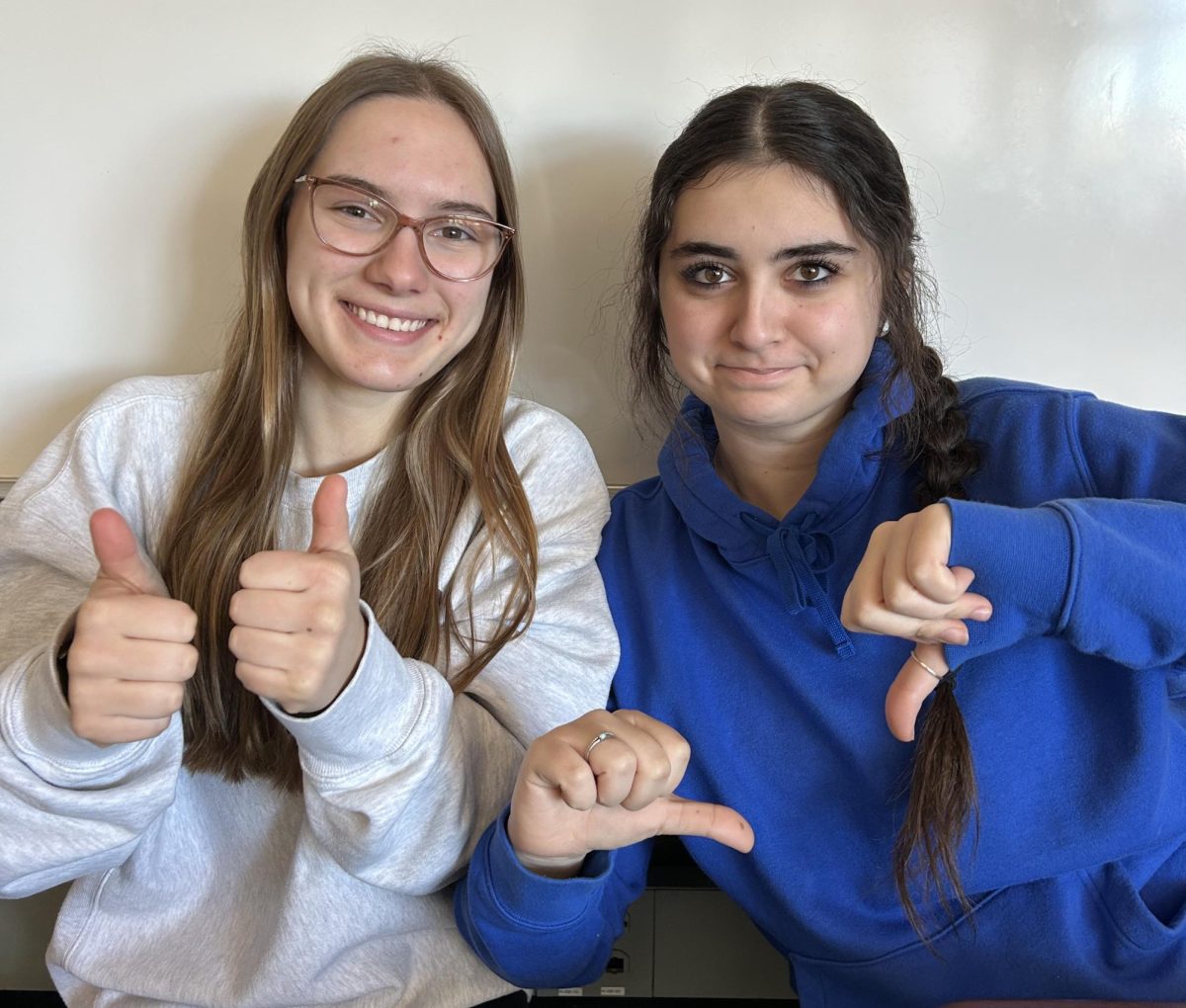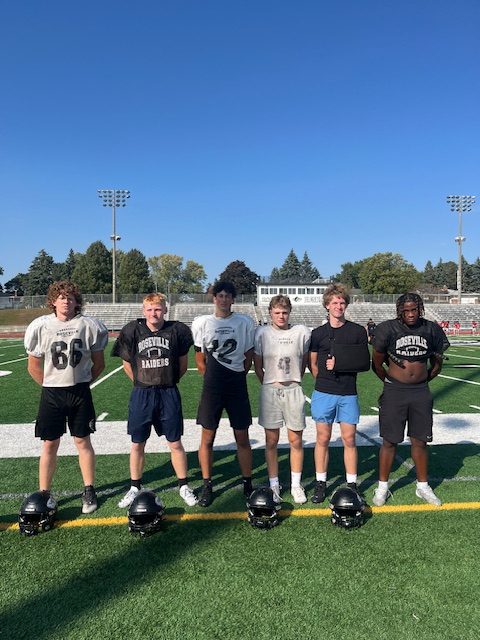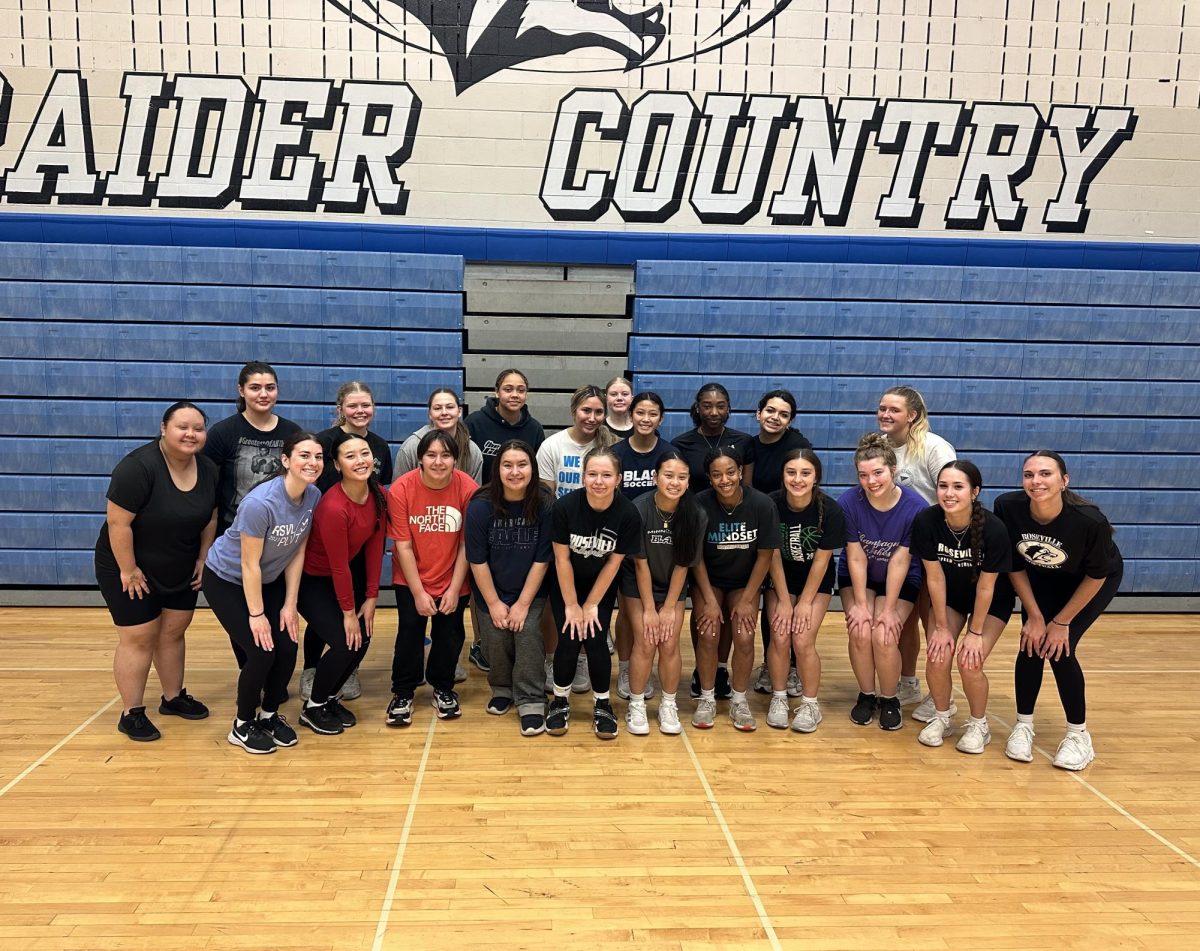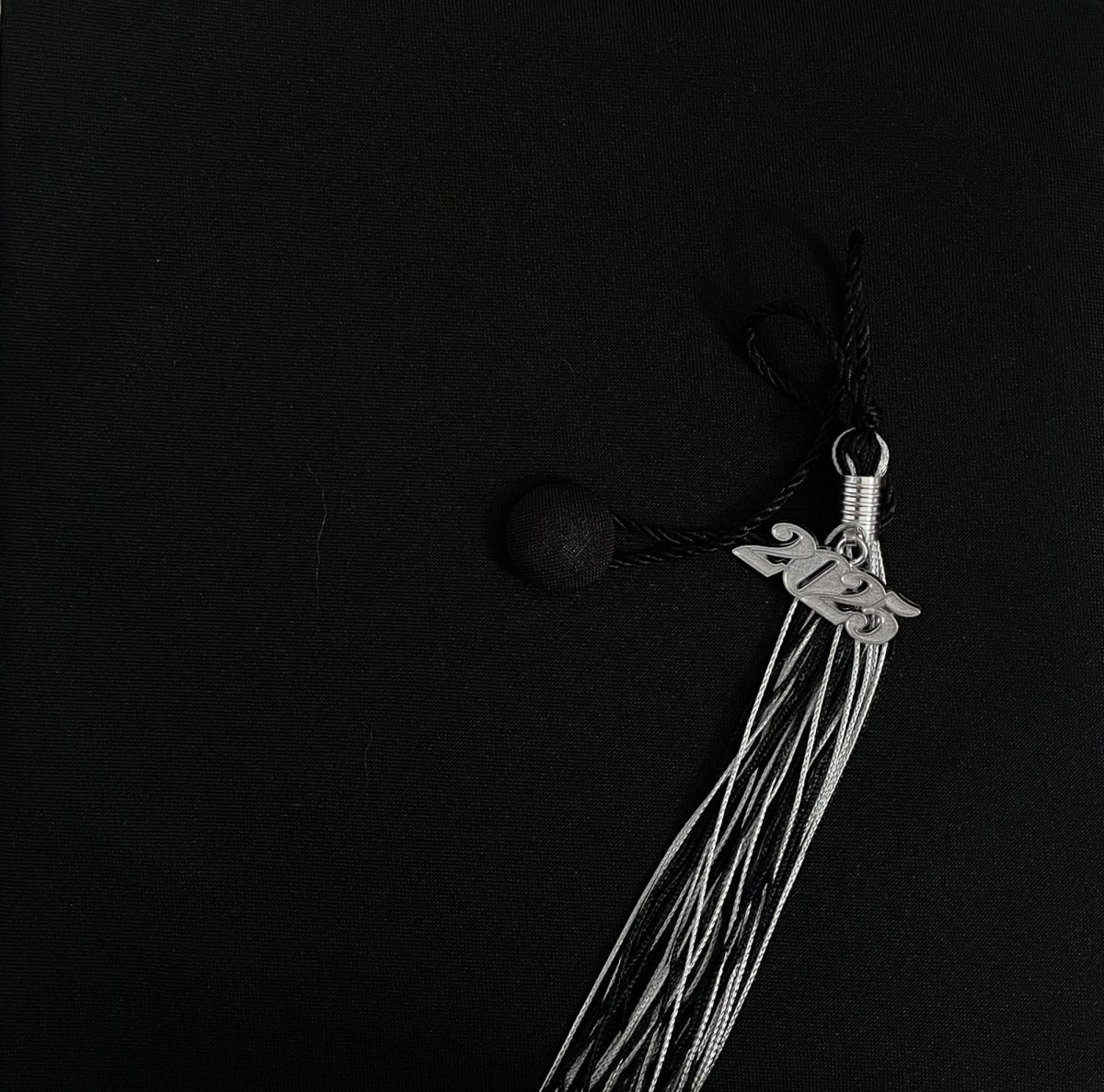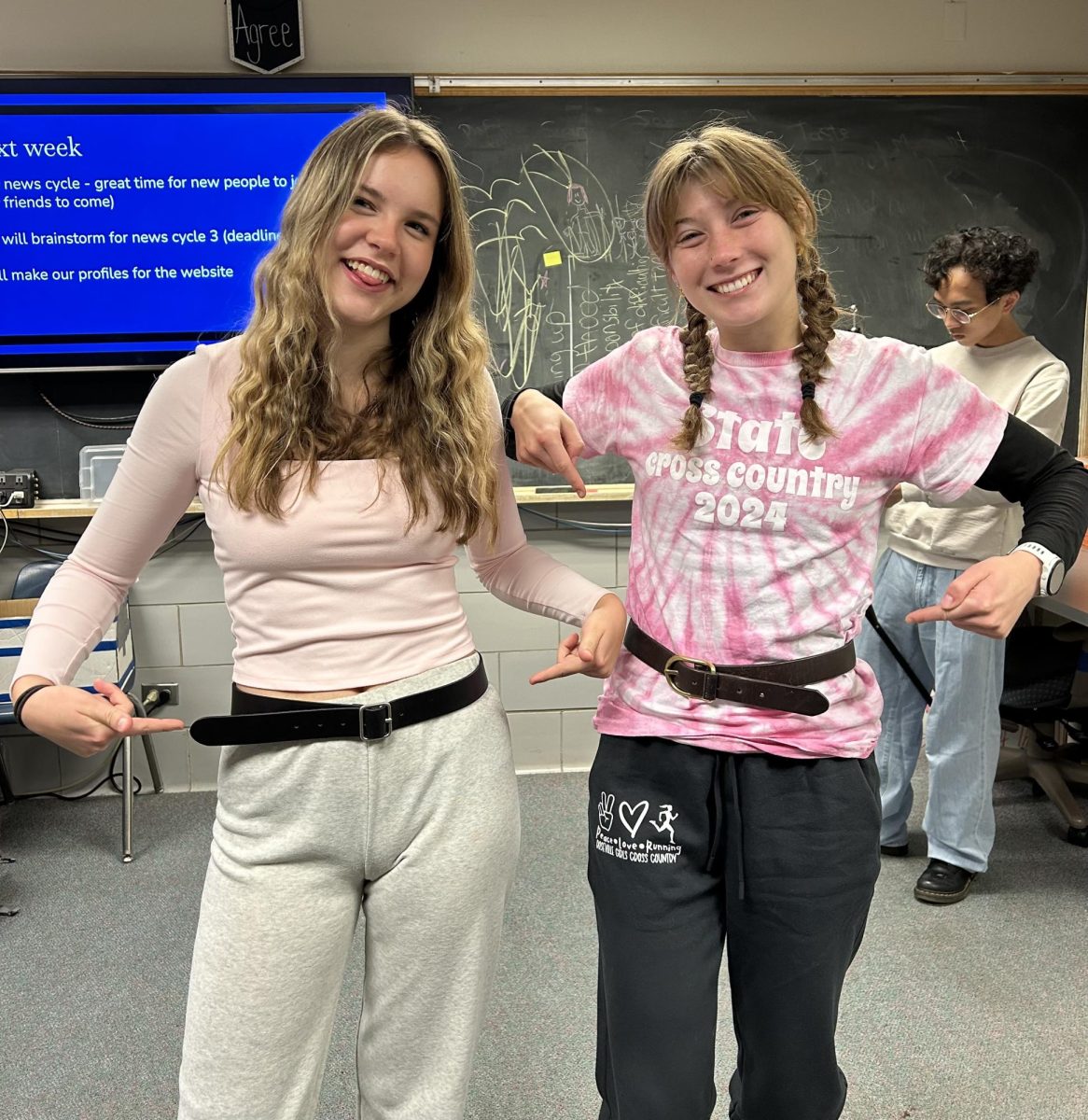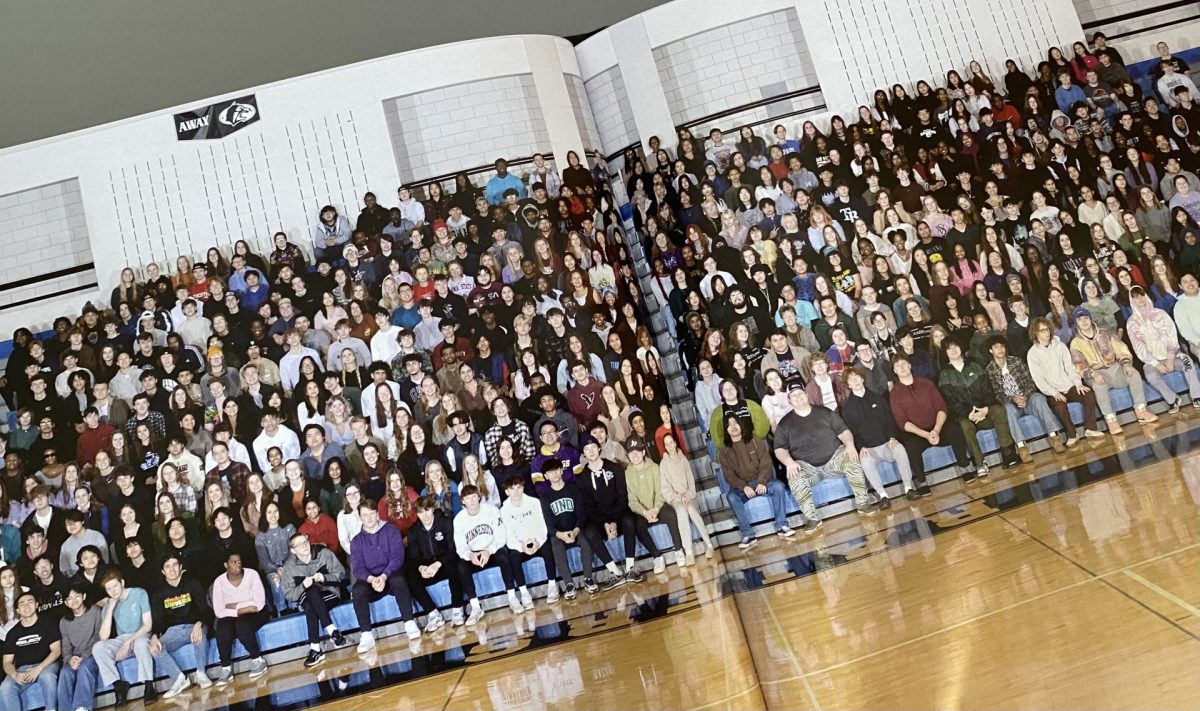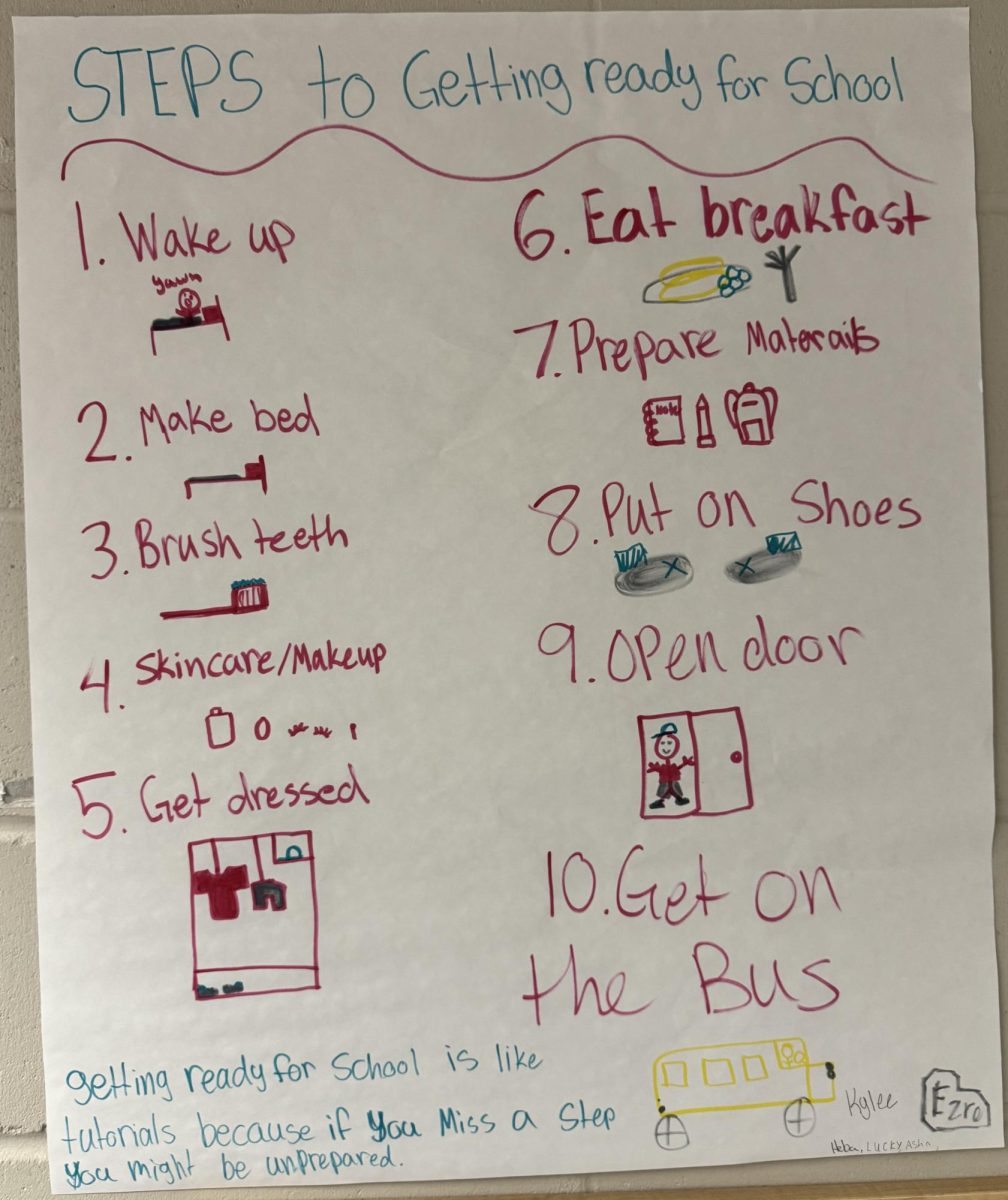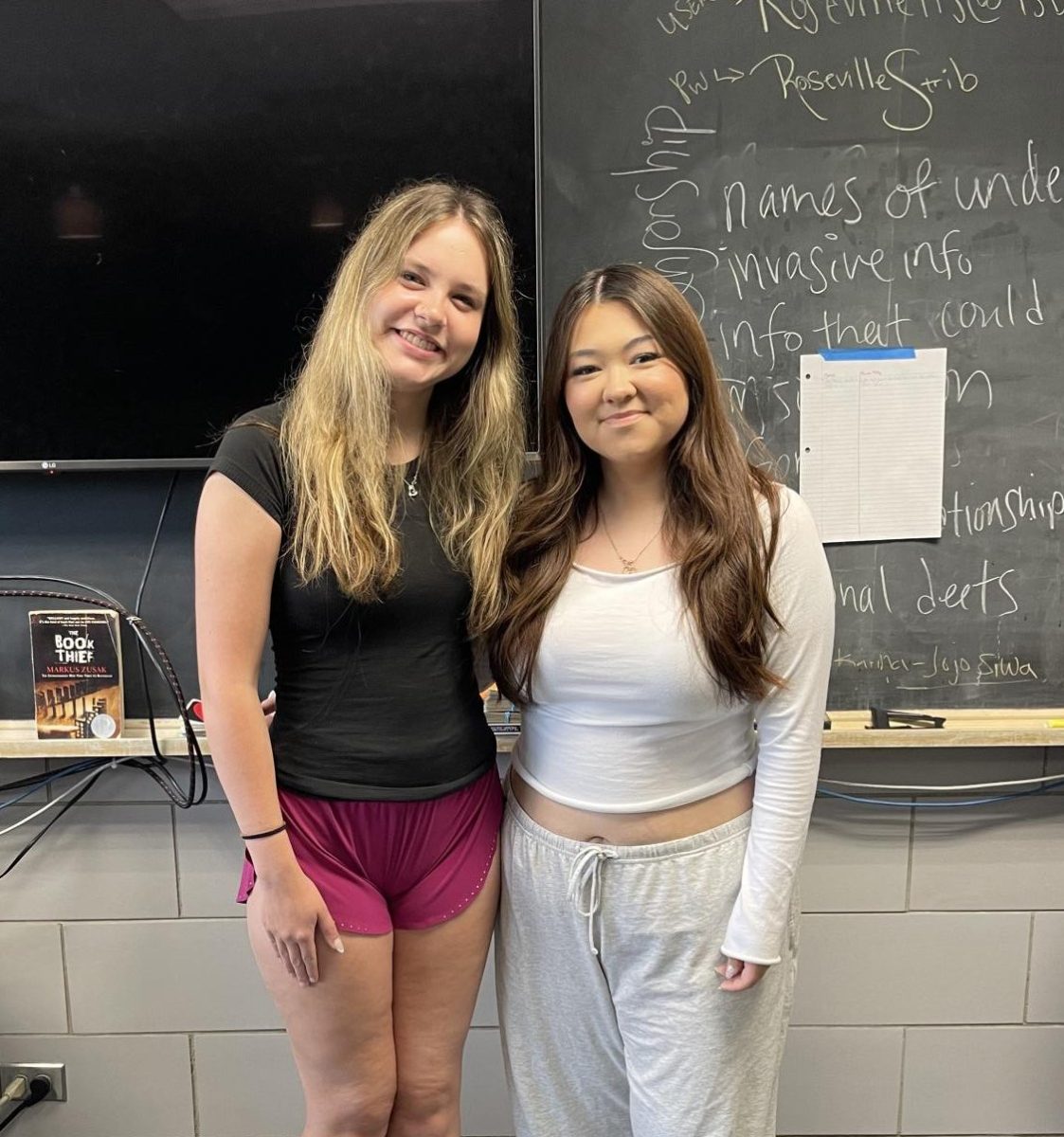Tired Eyes in RAHS
RAHS’ battle with sleep loss
November 8, 2021
Going to bed late and waking up early again and again and again–this is the routine for sleep in the modern world.
Interviewed students and faculty of Roseville Area High School (RAHS) agree that sleep is valuable and beneficial to health.
Ms. Lori Oberstar, a math teacher at RAHS, said, “Sleep is of high value. It is important for overall health.”
The U.S. Department of Health & Human Services corroborates this when they said, “Getting enough quality sleep at the right times can help protect your mental health, physical health, quality of life, and safety.”
Tenth grader, Trina Marlock, agrees. “Sleep holds lots of value. It makes people able to do things,” she said.
Although sleep is healthy and beneficial to all aspects of life, many people don’t get enough of it.
Oberstar was the most drastic case of going to RAHS without enough sleep. The first thing she did when sleep was mentioned was laugh. Ms. Oberstar then followed her outburst by saying, “I only got three hours of sleep last night.”
In contrast, Trina Marlock said, “I go to bed at 10 and wake up at 6 regularly.”
According to Betterhealth.gov, who states the average sleep needed is 8 hours, Marlock is right on target.
Twelfth grader Mauricio Hermann-Richer is just shy of the mark. He said, “I get at least seven hours [of sleep], but I know I need more.”
Everyone said they were losing sleep for something. They always had a reason to be staying up late.
Hermann-Richer said, “I watch YouTube before going to sleep. There are certain YouTubers who keep me awake and others who put me to sleep.”
Hermann-Richer also noted that although school used to cause sleep loss in his life, it no longer does.
Marlock said, “If I am reading a good book, it is hard for me to put it down until I find a lul in the action.”
Marlock also said that sometimes she is afraid of missing out on what her friends are doing, so she stays up late texting them.
However, sleep loss isn’t always optional. Oberstar was a good example of this when she said that she was often kept awake by medical issues.
According to sleepfoundation.org, sleep loss can impact one’s mood, response time, thinking speed, and other aspects of a person’s life and wellbeing.
Oberstar said, “Not getting enough sleep impacts the next day in small ways. For example, I sometimes am not able to multitask as much as I need or deal with multiple decisions at the same time. “
Marlock concisely stated, “Not getting enough sleep makes me feel crabby.”
Hermann-Richer mentioned, “When I don’t get enough sleep I have a pounding headache.”
From observations in RAHS, it was evident that the majority of the high school population intakes caffeine in some form to start the day. In the morning, there is caffeine present in the classrooms in the form of coffee and energy drinks; its consumption slowly tapers off as the hours go by.
This trend shows Kuakini Medical Center’s statistics to be correct when they write: “Every day, about 90 percent of Americans consume caffeine in some form… Making it America’s most popular drug.”
RAHS hasn’t been able to escape sleep loss and caffeine.

